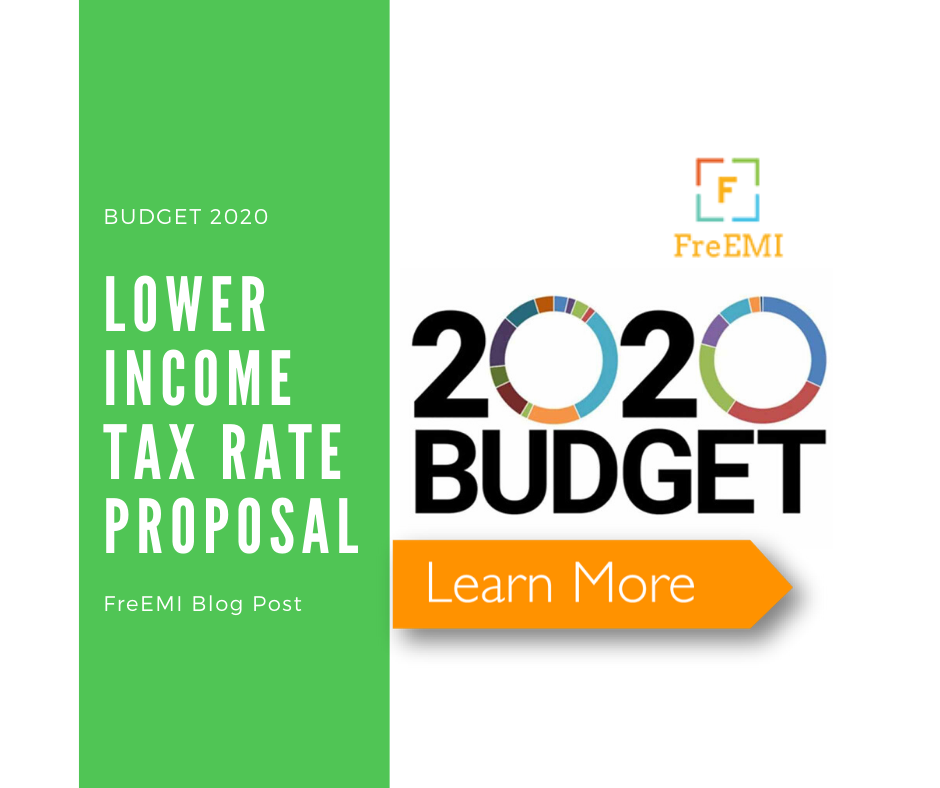Today, a mutual fund is one of the most popular investment types which is favored by thousands of people. The categorization of a mutual fund is based on different factors like- investment type, risk factor, investment objective and so on. Mutual fund investments are an ideal choice to yield a relatively high return with low possible risk. Based on the structure category, mutual funds are classified as Open Ended and Closed Ended Funds.
To make your investment idea more clear, here is a detailed discussion on open-ended and closed-ended funds.
Open-Ended Funds
These type of funds purchase and sell units on a daily basis at the Net Asset Value (NAV) which is declared by the fund. With the market fluctuation of the stocks or shares in the fund, the NAV changes on a regular basis. For new funds, when the initial offering period (NFO) is over, the units can be easily bought and sold. There is no restriction on the number of shares, the open-ended funds can issue. One of the benefits of investing in this fund is that you can directly buy shares from the fund instead of any existing shareholders. The varying number of outstanding units depends on the sale or repurchase of the existing units by the fund house. This fund reduces in size when the fund house repurchases more than it sells the units. Whereas with more units being sold than the repurchase, the fund expands. Investors enjoy the benefit of entry and exit from the fund as per their convenience.
Closed Ended Funds
These funds issue a fixed number of shares which are traded on the stock exchange. After the NFO period gets over, you cannot buy closed-ended fund units. Till the end of the term of the scheme, no new investors can enter the and no existing investor can exit the fund. The price per share of the fund is based on the market demand and is lower than the NAV. So, the units will be traded below (at a discount) or above (at a premium) their NAV. You should also remember that the shares of the closed-ended funds are sold through brokers. One of the most important things to note that, the outstanding units of the funds do not vary because of the stock exchange trading. The fund size does not alter as the close-ended funds are free from the regular and sudden redemption.
Comparing Open Ended Vs. Closed Ended Funds
Now we will differentiate between open-ended and closed-ended mutual funds based on various parameters.
- In the case of a closed-ended fund, the fund manager does not have to take the pressure of redemption. But investors can redeem their money at any point in time. So, the fund manager does feel some pressure to manage the funds.
- You can buy an open-ended fund on the existing NAV of the fund. But as because closed-ended funds are traded on stock exchanges, so these funds have different NAV as compared to the price.
- As closed-ended funds have fixed locking period whereas open-ended funds can be redeemed at any point of time, so open-ended funds are more liquid than closed-ended funds.
- The shares of a closed-ended fund are fixed in number, whereas the outstanding shares of an open-ended fund vary every day.
- For an open-ended fund, you can analyze the track record of the fund ’s performance. But no such track record of the fund’s performance is available for you to analyze and evaluate.
- You enjoy the benefit of SIP or Systematic Investment Plan for open-ended funds where you can invest at a regular interval. But no such benefit is available for closed-ended funds. You only can invest lump-sum amount for a closed-ended fund.
- Usually, the investment period of closed-ended funds ranges from three to five years. But there is no such maturity date for open-ended funds.
- For an open-ended fund, the NAV is divided by the outstanding shares. While the NAV is evaluated by the supply and demand of the units for a closed-ended fund.














